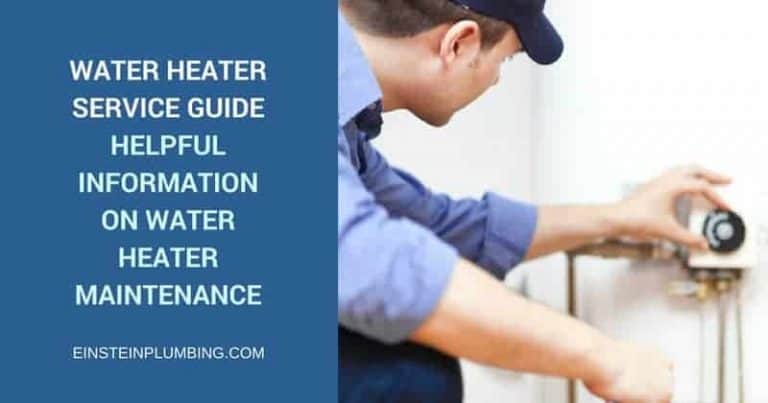Water Heater Service Guide
Some homeowners don’t realize that getting their water heater maintained adequately and regularly can improve the appliance’s efficiency and may benefit them for a more extended period.
Water heaters are often found in areas of our homes we rarely notice, tucked away out of sight in garages, basements, attics, or closets, which makes it easier for people to disregard them until there’s a malfunction.
Providing a bit of attention and care for your water heater will save you a lot of unnecessary repair costs and inconvenience.
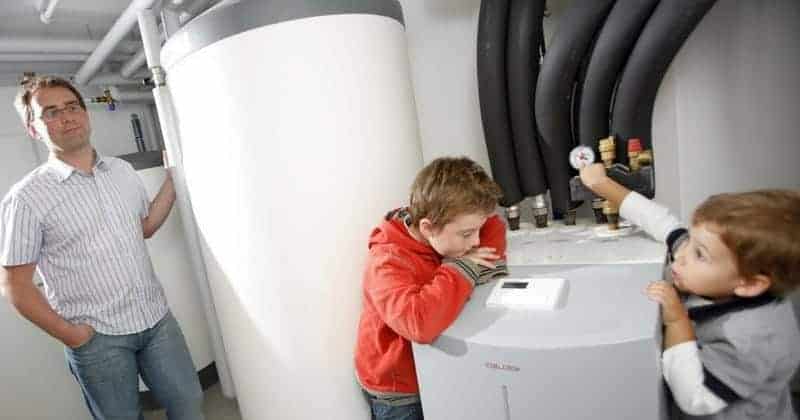
Here are some maintenance tips for your water heater that you can do yourself:
- Determine the kind of water heater you have if it’s a gas, electric, or tankless model. Gas water heaters have a pilot light located at the bottom of the unit.
- Remember to always read the information and instructions from the manufacturer’s label to learn the specifics of your water heater and maintenance schedules. Always follow what the manufacturers recommend to prolong your water heater’s lifespan.
- Pay attention and be aware of your hot water production. If you notice a decrease in your hot water supply, and you’re getting cold bursts coming out the faucet even when your water heater is turned on, unusual sounds or noises, or it’s taking longer for the hot water heater to go through, are signs that your water heater is going to have some issues.
- Start being familiar with your water heater and the components that come with it. Know how to adjust the temperature, how to turn off the power, how to close the shutoff valve, and where the pressure valve is located in your water heater. If it is a gas model, you will need to know where the gas supply line is located.
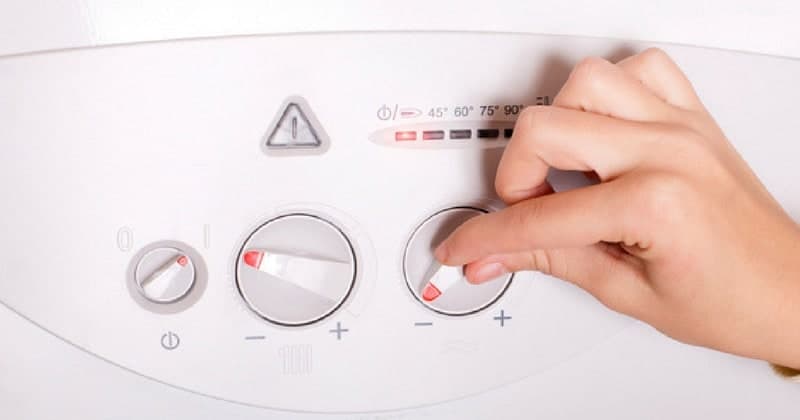
Water Heater Safety Guide
- It is highly recommended that goggles and gloves should be worn for safety when working on your water heater.
- Regularly drain your water heater. Periodically removing the water from your unit may help reduce minerals, debris, and sediment buildup that can harm the appliance and cause additional issues. Review the recommendation of the manufacturer to know how often you should drain your water heater. Many plumbers advice that you should drain your unit once or twice a year to prolong its lifespan.
How To Drain Your Water Heater Properly
- Turn off the power of your water heater. If it’s an electric unit, you may need to power off your circuit breaker connected to the water heater. For gas units, turn off the valve for the gas supply.
- Make sure to shut off the water supply going to your water heater.
- Connect a hose to the water heater plug found at the bottom of your water heater unit. You may need to find a suitable drainage to dump the water coming from your appliance. Keep in mind that the water coming out from your water heater will be very hot and may cause burns without proper safety wear. Be very cautious in handling the hose for draining the unit. You can give time for the water inside your unit to cool down before performing the draining process.
- Once ready to drain the water, turn the spigot to open up the water flow to your water heater.
- After unlocking the drain of your water heater spigot, open the pressure valve that is found at the top of the unit.
- Allow the water to drain from your water heater thoroughly. It may take some time and patience, but when everything is done, you can turn off the unit’s spigot and close the pressure valve back to its original position. Make sure that the water heater bottom spigot is tightly closed.
- Refill the water inside your water heater again and make sure it’s full before turning on the electric or gas switch back to avoid damaging your unit.
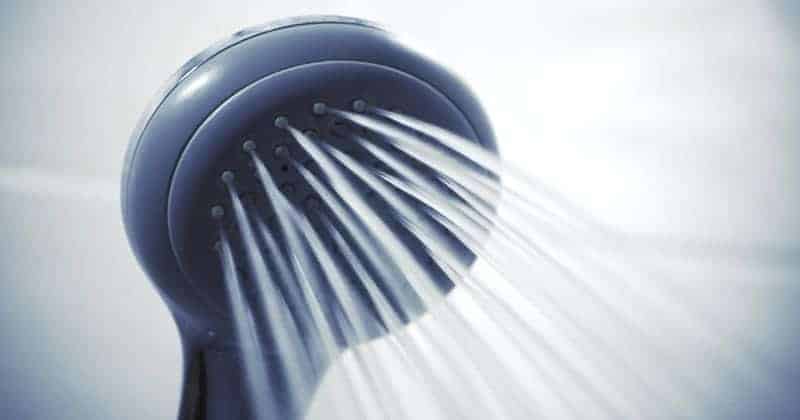
Water Heater Maintenance Guide
- A critical component of your water heater is the anode rod inside the tank. Every few years it is recommended to inspect and check the anode rod. You may check the condition of the rod every time you drain your water heater. An essential purpose of the anode rod is to help prevent the formation of rust inside the tank of your water heater. You may be able to find a diagram of your water heater to see where it is located; it should be found around the top of your unit. If the anode rod is covered in calcium, the center wires are exposed, or the thickness is less than half an inch, you may need to replace it. You may be able to find and purchase a replacement anode rod at a hardware or home store.
- Making sure that the pressure relief valve of your water heater is not clogged and adequately working is necessary to prevent over pressurizing of your tank. The pressure relief valve is located on the top portion of your water heater and is also used to drain the water out of the unit. To check your pressure relief valve, you may need to turn off the power and the water supply going inside your unit. Pull the plug slightly and listen for air or check for water coming out, and if there was no air or water release, then you should replace the pressure relief valve.
- If you own a gas heater, regularly cleaning the ports and burner of the unit is necessary. You may be able to find instructions on how to correctly clean the burners and ports of your gas water heater from the manual included with the unit. Make sure that the power has been turned off and all parts of the water have been sufficiently cooled before you start.
- Your water heater must have adequate space around it, at least a clearance of two feet from the walls is recommended. Keep any objects away near the pilot light of all gas heaters for safety.
- Maintaining the temperature settings of your water heater is essential in keeping it working efficiently. Keeping the thermostat at 120 degrees Fahrenheit will be more energy efficient and will prevent accidental scalding.
- Some water heaters have a vacation mode or setting that can be used whenever you plan to go out of town or to leave your water heater for a prolonged period. The vacation mode is useful if you want to save on gas or energy cost that may incur when you’re gone.
- Older water heater models may need insulation that can provide better heat retention and may also give you more energy savings. Insulated jackets are available at hardware stores. Avoid adding insulation materials near the flue of a gas water heater to evade any fire hazards.
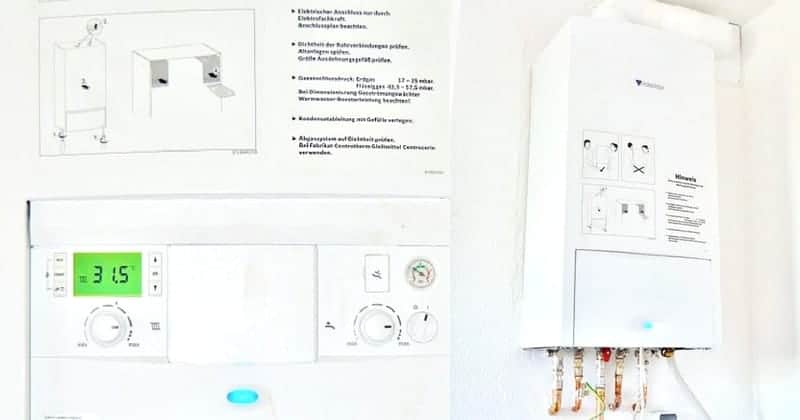
Water Heater Maintenance Service
If your more comfortable and not confident to perform the required maintenance for your water heater, a reliable and professional plumber can help you do all the essential tasks to keep your water heater running smoothly.
A qualified plumber that offers annual or periodic service and maintenance plans will be beneficial if you want to have a hassle-free water heater that will last a long time.
Getting Water Heater Maintenance Service Guide
- Finding a reliable and licensed plumber is easy. You can start searching online, and you’ll get a lot of results for plumbers that can help you with your water heater maintenance needs.
- Some plumbers already have online reviews that can help you decide who you want to get. There are a lot of sites you can check for reviews like Google, Yelp, Home Advisor, Bing, and many more.
- Make sure that the plumber is near your location and can provide service to your home. It’s best to try to book or schedule a plumber at a time that is comfortable for you.
- Most plumbing service companies can provide you with an instant quotation or pricing for your water heater maintenance. Give them a call to learn more about the inclusions of their services. Getting the right service that includes draining, and tank, connections, rods, valves, and temperature inspection and maintenance should be a priority. Inquire if the plumber also has an annual checklist appropriate for your water heater maintenance.
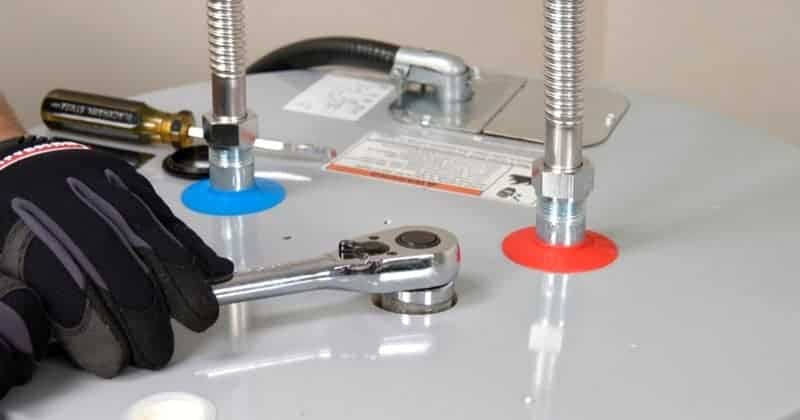
Whether planning to get a professional plumber or doing it yourself, periodically maintaining your water heater gives you the advantage and benefits of having an efficient unit that will last longer and provide you continuous hot water for your home.
By following the information in this guide, you may be able to prevent further headaches and stress that comes from a faulty water heater system at your home.
You may want to check out our other plumbing articles:
